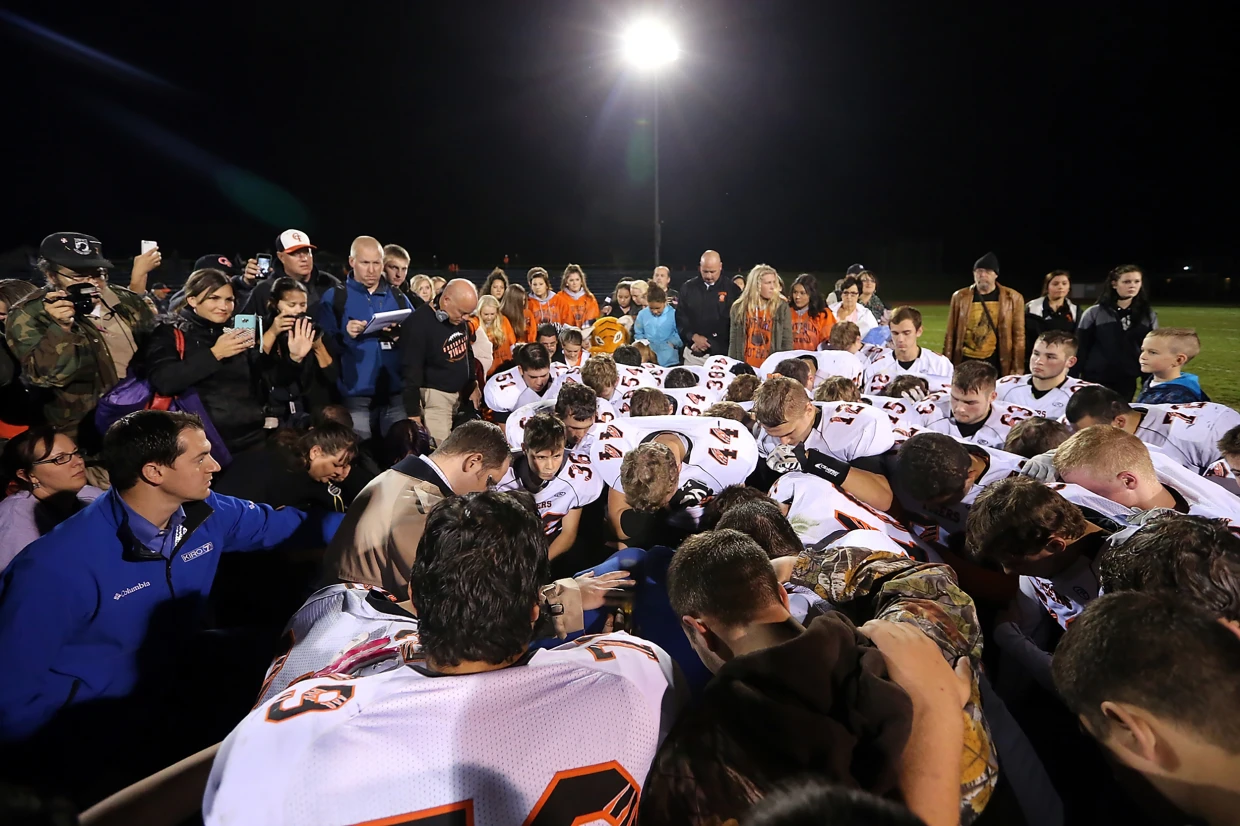May 3, 2012
Our instructor looked at the dozen of us and asked, “So who’s going to the Muse?” Maybe half the hands went up.
It was April 2011, and several of my classmates in a nonfiction workshop were on the fence about attending the upcoming Muse & the Marketplace, Grub Street’s annual conference. Some hated any kind of conference because they were, like many writers, wall flowers. They hated to schmooze. Worse, they were petrified about giving an elevator pitch to an agent or editor.
A veteran journalist of 20-plus years, I raised my hand with confidence. Until conference fatigue sets in, I’m on an adrenalin rush at most conferences. I get some stage fright, but I do what I do for any type of interview: Prepare. Hearing my classmates’ apprehension, I pitched an idea for a Grub Street workshop that I’ve now run twice: Muse 101: Honing Your Networking Skills before the Big Conference.
With this year’s Grub Street conference just two days away, I thought I’d share my top 10 list on how to prepare and how to act once you’re at a big writers’ conference:
1. As soon as the agenda comes out, circle the sessions you’ll attend and read the presenters’ bios. Then research. Read a book the presenter has written, edited, or represented. Visit presenters’ websites and blogs.
2. Make connections. This year, Grub Street created a Muse and the Marketplace page on Facebook. Say hi on the page, and communicate with a presenter you plan to hear. If you use Twitter, follow the #Muse2012 hash tag – and tweet a little. Follow presenters and participants.
3. Set reasonable expectations. If you signed up for a manuscript consultation with an agent or editor, enter the 20-minute session with an open mind. Open your mind to constructive criticism and to the reality that it’s highly unlikely you’ll leave with a contract in hand.
4. Be, well, nice. Desperate, overly aggressive writers rarely make a good impression on agents or authors.
5. Don’t be a shark. Give presenters personal space when it’s clear they need it. Agent Renee Zuckerbrot, who will be at the Muse, gave me dos and don’ts for participants of the workshop I taught in March. She also provided examples of writers going too far in their quest for an agent. Example: During the Maui writers’ conference, a participant swam into the ocean to hunt down an agent who was snorkeling. The writer started pitching the snorkeling agent.
6. Give yourself a focus for the conference. What are your writing and publishing goals? Keep that in mind as you pick the sessions.
7. Be a good listener. Take notes. Shut off your phone.
8. Have a question for a presenter? Jot it down beforehand to calm your nerves. Avoid giving a preamble about personal writing/publishing woes. Ask something that could help everyone, not just you.
9. Practice an elevator pitch before you come. Chances are, if you get into an informal chat with an agent, he or she will ask what you’re working on. “Be ready. Don’t ramble. Have an elevator pitch, but don’t have it sound like one,” recommends agent Laura Strachan.
10. Be yourself. “Think of the conference as one step in a series of endless steps in your journey as a writer,” says Jessica Keener, author of Night Swim, and a presenter at this year’s Muse. “You can prepare, but unexpected things will occur that may throw you off balance. … The author you adore might be rude to you.”
And, says Jessica, “… Listen to what your gut is saying to you. Too nervous to speak up? Maybe you need to be the listener for now. Try not to push too hard. Let things unfold.”
Bonus tip: Do not focus so much on meeting authors and agents that you forget to get to know the rest of us. Many conference participants bring extensive writing resumes. At the very least, they can help you create what every writer needs – community.
See you at the Muse.







Pingback: Musing about the Muse: Prepping before Big Writers’ Conference | grub street daily
Pingback: Bad Advice Wednesday: The Art of Schmoozing (Just in Time for AWP) « Bill and Dave's Cocktail Hour
Pingback: Tips For Those New to the Muse | grub street daily